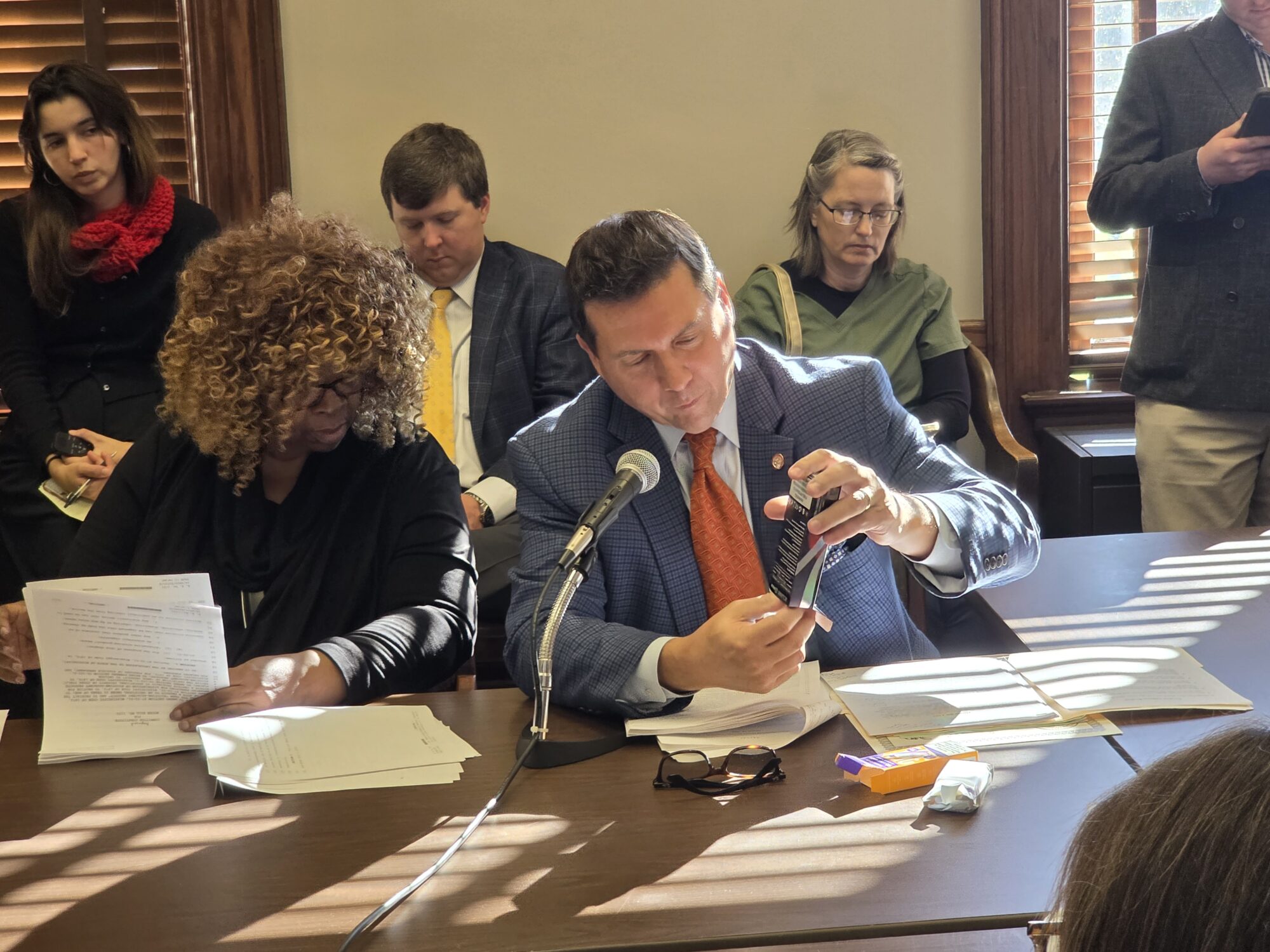
The Legislative PEER committee has concluded its biennial review of the Education Scholarship Account and has released the findings.
A summary of the report is here, but you can read the full report here:
Some of the Committee’s major findings include:
- During FY 2018, 367 students participated in the ESA program and attended 96 nonpublic schools in Mississippi, Tennessee, and online. While some of the schools are designed to serve students with special needs, the majority are not.
- As the result of unused and partially used ESA funds in fiscal years 2017 and 2018, the MDE disbursed only 70% of ESA funds available, while 30% lapsed to the State Treasury.
- If MDE had set aside 4% for administration of the ESA program in FY 2018, rather than 6% as allowed by state law, MDE could have funded an additional 9 ESAs totaling $58,446.
- In FY 2017 and FY 2018, participants used 94% of ESA funds on tuition expenses and 6% on non-tuition expenses (e.g., tutoring, educational services or therapies).
- The ESA program lacks the accountability structure needed to ensure that nonpublic schools enrolling ESA students meet statutory requirements and that students with disabilities are receiving the services they need and progressing toward their special needs goals.
- The MDE has not administered the ESA program as effectively as possible. For example, the MDE has not prioritized students with active individualized education programs (IEPs) on its waiting list for an ESA, as required by state law. In addition, PEER found two instances in which the MDE overpaid parents during a fiscal year, and identified missing documents needed to verify allowable expenses for reimbursement.
PEER’s survey (administered to parents of students who received an ESA in fiscal years 2016 through 2018) indicated high levels of satisfaction with the ESA program by both parents and students.
While parents indicated a high level of satisfaction for the ESA program, there is one aspect of the program that leaves many families waiting for that assistance every year.
The report recommended that the Legislature remove the lottery requirement and give the currently 200+ families on the ESA waitlist a chance to utilize the program to educate their children—without it being left up to chance.
Waitlisted parent Stacy Ware agrees with the report. Stacy and her husband Daniel of Florence spend about $27,000 per year in tuition to send their two autistic children to a private school that best serves their needs. The Ware family has been through five rounds of the ESA lottery with no luck. They’ve shared their story with Empower Mississippi.
“This has got to end,” said Stacy. “Mississippi has got to make some changes.”
With 200+ families on the waiting list, more appropriations would be needed during the legislative session for all of them to receive the help they need, however; the report also found that about 30% of the appropriated funds weren’t utilized due to ineffective administration of the scholarships and lack of oversight by the Mississippi Department of Education.
Empower Mississippi President Grant Callen notes, “This report confirms that the ESA program is popular, meeting needs, and providing hope to parents and students all over the state. As the 2019 legislative session approaches, we will continue to review these recommendations and urge legislators to take advantage of opportunities to improve the program for the sake of hundreds of Mississippi families.”

Regarding the 30% of the funds being lapsed back into the State Treasury, MDE spokesperson Pete Smith said that’s because some families didn’t complete the process.
“The ESA program is set up as a reimbursement program. Awarded families only claimed 70% of the allocated funds for reimbursement,” said Smith. “Unused funds are returned to the state treasury, where the Legislature determines future use.”
Another point indicated on the report was that of administration costs. The PEER Report suggested that administrative costs could be reduced from 6% to 4%.
“The MDE has tried to control administrative costs since the ESA program launched. As indicated in the PEER report, the MDE is exploring an online application and submission process for ESA recipients to make the process more efficient, and it is anticipated that administration costs may be closer to the 6% allowance in future years,” said Smith.
“The program administration costs include salary and fringe benefits, as well as a prorated portion of related program costs such as postage and office supplies. A reduction to 4% would potentially limit the MDE’s ability to strengthen and streamline the program for parents going forward.”
The report also marked against accountability and effectiveness on MDE’s part in handling the ESA program. Smith said that from the beginning, MDE pushed for stronger wording in the law regarding how the program should be handled.

“While MDE leadership requested stronger accountability language when the bill was first drafted, such language was not included. As the law is currently written, the MDE has very limited regulatory authority over schools participating in the ESA program, and this limited authority does not address MDE monitoring of student outcomes,” said Smith. “As such, the MDE will continue to work with parents to ensure schools meet the eligibility requirements to participate in the ESA program and will continue to work with legislators to strengthen outcomes-based accountability within the law.”
Smith added that work is being done to bring MDE into full compliance with the ESA administration laws.











